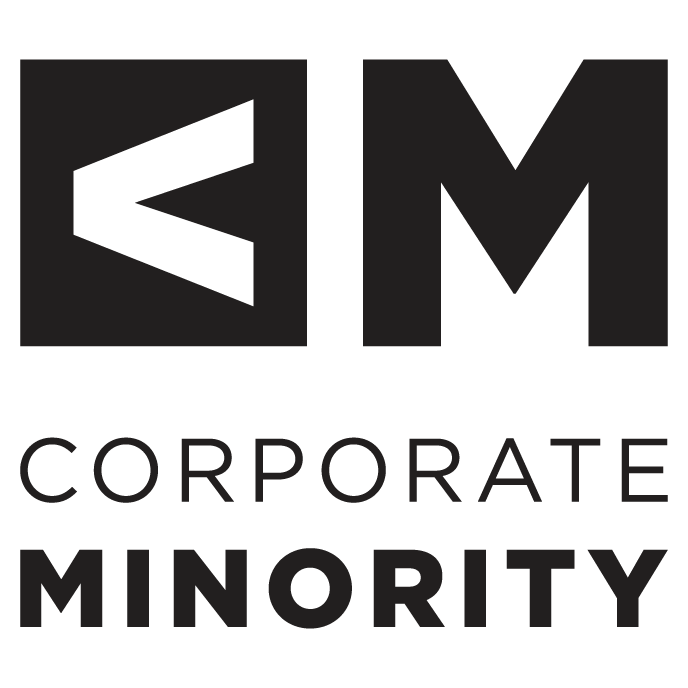Starting a business can be stressful, if you don’t have someone close to you that has done it before or has experience in starting a business. So many things need to be done and the list of questions continue to grow. Below are some answers to common questions an entrepreneur may have as they begin to think about filing for their new business.
What is a DBA?
A DBA (Doing Business As) is a license that allows you to do business under a fictitious or assumed name rather than your legal name. This fictitious name cannot include Corporation, Corp., Inc. or Incorporation. DBAs are beneficial for smaller companies that are not yet very profitable, because the license is at a lower cost and has less requirements.
How to file
Though this varies based on your state usually this can be filed with your local county clerk, for about $55. Under California Business code all new DBAs must publish in the newspaper for 4 weeks. This costs about $140. The reason this is required is to prevent you from using someone else’s name and prevent others from using your name. Publishing in the newspaper shows proof of publication. Most of the time only corporations benefit from it because smaller companies don’t have lawyers that are going through the newspaper weekly.
What is an LLC/Corps?
LLC stands for Limited Liability Corporation and a Corps stand for Corporations. LLCs and Corporations are a medium that can be used for business owners to protect their personal assets. Both are recognized within the state and have benefits and disadvantages vary per state.
Startups tend to start off as a LLC due to the lower taxes required to be paid and flexibility offered vs corporations. The method in which you are taxed can be selected after your Corporation or LLC is created. Though a business can switch from a LLC to an S Corp, it cannot switch from an S Corp to an LLC.
In regards to corporations, any business that files as a corporation automatically falls into the category of C Corp. One becomes an S Corp by filing for subchapter S Corp Status. This is usually what most small businesses file for due to lighter cost and requirements required vs a C Corp.
Below is a comparison chart that helps distinguish an LLC vs Corporations.
| LLC | S Corp | C Corp | |
| Pay state unemployment taxes | ✘ | ✓ | ✓ |
| State unemployment or disability benefits for owner | ✘ | ✓ | ✓ |
| Protect personal assets | ✓ | ✓ | ✓ |
| Ability to deduct pre-tax expenses | ✓ | ✓ | ✓ |
| File tax return | ✘ | ✓ | ✓ |
| Pay self-employment tax | ✓ | ✘ | ✓ |
| Tax benefits from excess profits | ✘ | ✓ | ✓ |
| Must be a U.S. Citizen or Resident | ✘ | ✓ | ✘ |
| # of Business owners/ shareholders |
Unlimited | Max 100 | Unlimited |
| Filing fees | Couple hundred dollars | $300-$900 | $500-$1,000 |
| Legal Fees | $1k – $4k | $1k – $4k | $1k – $4k |
| Outside investors/ IPO | ✘ | ✓ | ✓ |
| Owners pay personal income tax on profit | ✓ | ✓ | ✓ |
| Business itself isn’t taxed – “pass-through entity” | ✓ | ✓ | ✘ |
| Recognized outside of US | ✘ | ✓ | ✓ |
| Deduction on personal losses | ✓ | ✓ | ✘ |
| Business Tax Filing Requirements | Yearly | Yearly | Yearly |
Do I need a Trademark?
Trademarks are recognized nationwide as a tool to help protect or distinguish a brand name or a logo. This can be an essential part of your business, because it helps differentiate your business from other businesses. Trademarks come in form of a word, phrase, slogan, design, symbol or a combination of any of these. To obtain a trademark you must federally register it through the USPTO. This can also be done online with though the Trademark Electronic Application System (TEAS). The cost can be anywhere between $225 and $450.
Other Related items include:
// Service mark – very similar to a trademark but distinguishes a services rather than a product or good. This is registered through USPTO
// Patent – protects inventions and registrations are done through USPTO
// Copyright – protects literary or artistic work and registrations are done through the U.S. copyright office
Do I need a tax ID?
A Tax ID is also known as a Taxpayer Identification Number or Federal Tax Identification Number. This is a unique nine-digit number that can be issued by either the IRS or the Social Security Administration(SSA). The cost of a tax ID is about $100. You can file for this tax ID at the same time that you are registering your business or can do so online.
Do I need it?
Firstly, You don’t need to file for a Tax ID if you are a single-member LLC or a sole proprietor. On the other hand, if your business is a S Corp, C Corp, partnership, LLC, or non-profit organization you should probably file. A Tax ID is necessary if you plan to hire and pay an employee(s). If you don’t have employees or have unpaid interns, you may not need a Tax ID. In addition, a tax ID is also needed if you plan on filling taxes under your business.
Benefits
The great thing about having a business is the write offs that you have for filing taxes. For instance, if you working in a home office you are able to write off a portion of that room as a business expense when filing taxes. Another example is if you make purchases for your business it is also another write-off that can be added when filing taxes.
In conclusion, note that it is always wise to consult with a lawyer or accountant to ensure that you ae adhering to the basic legal requirements. There are lots of things to consider when starting a business, so take it one step at a time.
Author,
JoeSandra Odunze
Founder, Corporate Minority
corporateminority.com
Make sure you check out 4 Skills Entrepreneurs Must Have.





